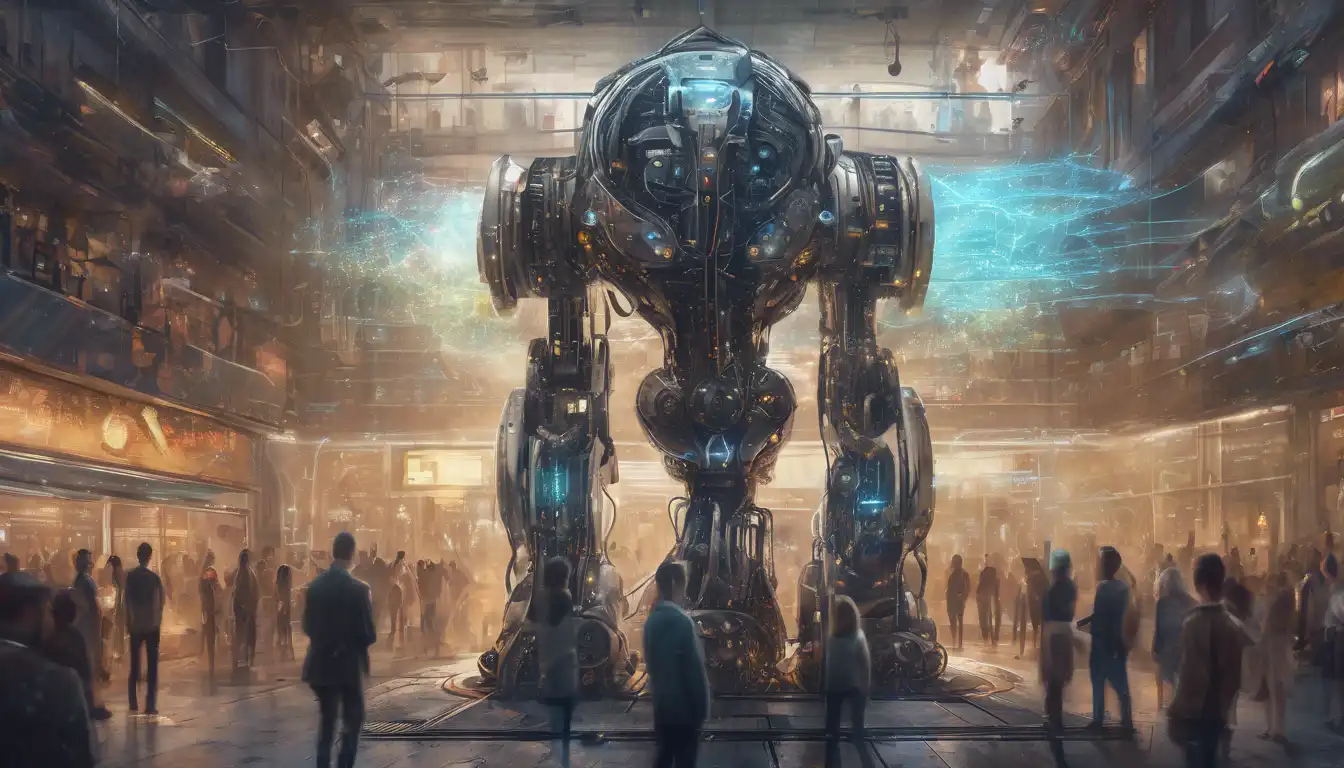Introduction to Machine Learning in Recommendations
Machine learning has revolutionized the way we interact with digital platforms, especially in the realm of personalized recommendations. From streaming services to e-commerce, machine learning algorithms are at the heart of suggesting what to watch, buy, or read next. This article delves into how machine learning powers these recommendation systems, making them more accurate and personalized than ever before.
Understanding Recommendation Systems
Recommendation systems are algorithms designed to suggest relevant items to users based on various data points. These systems can be broadly categorized into three types: collaborative filtering, content-based filtering, and hybrid systems that combine both. Machine learning enhances these systems by analyzing vast amounts of data to predict user preferences with high accuracy.
How Machine Learning Powers Recommendations
Machine learning algorithms process user data, including past behavior, preferences, and even contextual information, to generate recommendations. Techniques such as neural networks and deep learning have further improved the capability of these systems to understand complex patterns in user behavior. For instance, neural networks can identify subtle nuances in user preferences that traditional algorithms might miss.
The Impact of Machine Learning on User Experience
The integration of machine learning into recommendation systems has significantly enhanced user experience. By providing highly personalized suggestions, platforms can increase user engagement and satisfaction. This not only benefits users but also businesses, as personalized recommendations can lead to higher conversion rates and customer loyalty.
Challenges and Future Directions
Despite its advancements, machine learning in recommendation systems faces challenges such as data privacy concerns and the cold start problem for new users. However, ongoing research in areas like federated learning and explainable AI promises to address these issues, paving the way for even more sophisticated recommendation systems.
Conclusion
Machine learning is undeniably powering the next generation of recommendation systems, making them more intelligent and user-centric. As technology evolves, we can expect these systems to become even more personalized, further transforming our digital experiences. Whether it's discovering a new favorite song or finding the perfect product, machine learning is making it all possible.
